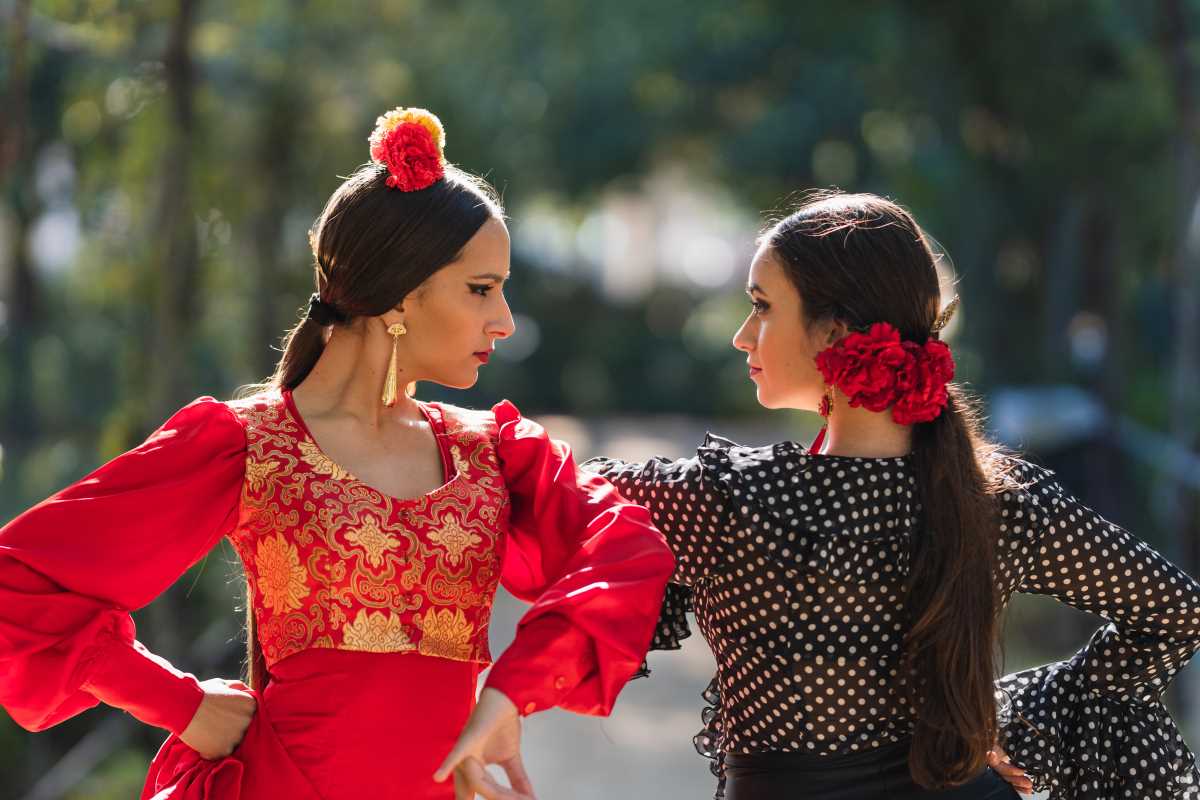A growing number of people are seeking solace and balance through ancient spiritual practices. These traditions, rooted in centuries of wisdom, offer holistic approaches to health and well-being that resonate deeply in our modern context.
From meditation to shamanic rituals, these practices are making a significant comeback within the wellness movement, providing pathways to inner peace, connection, and personal growth.
Ancient Spiritual Practices: A Holistic Approach to Wellness
At the core of the resurgence lies the timeless appeal of practices such as yoga, meditation, and energy work.
- These traditions are grounded in the belief that true wellness integrates the mind, body, and spirit.
- Unlike conventional health regimens, which often focus solely on physical fitness or mental relaxation, ancient practices take a more comprehensive approach.
Yoga, for example, not only enhances physical flexibility and strength but also fosters mental clarity and spiritual awareness. Similarly, meditation has been practiced for millennia to calm the mind and cultivate a deeper understanding of the self. The enduring relevance of these practices lies in their ability to address multiple facets of well-being, offering modern individuals tools to navigate the complexities of life with greater ease.
Mindfulness: A Return to Presence
In a world saturated with distractions and constant demands, mindfulness has emerged as one of the most sought-after practices from ancient traditions. Mindfulness meditation, with its emphasis on staying present, helps individuals escape the noise of everyday life and focus on the here and now.
Studies have shown that mindfulness reduces stress, enhances concentration, and improves emotional resilience. As people strive to find balance amid the chaos, practices like mindful breathing, body scans, and meditation have become cornerstones of the modern wellness movement.
The ancient wisdom behind mindfulness speaks to our universal need for stillness and presence, making it a timeless antidote to a hectic lifestyle.
Reconnecting with Nature
A deep connection to nature is another hallmark of ancient spiritual practices that resonates strongly today. Indigenous rituals, forest bathing, and Earth-based spirituality encourage individuals to align with the rhythms of the natural world. In an era of urbanization and technological dependence, these practices offer a much-needed counterbalance.
- Spending time in nature has been shown to reduce stress, lower blood pressure, and enhance mental clarity.
- Practices like walking barefoot on grass, meditating under a tree, or simply observing natural cycles help individuals tap into Earth’s restorative energy.
- This reconnection fosters a sense of grounding and reminds us of our intrinsic relationship with the environment.
Holistic Healing for Modern Lives
One of the most compelling aspects of ancient spiritual practices is their emphasis on holistic healing. Systems like Ayurveda and traditional Chinese medicine (TCM) view health as a dynamic balance between physical, emotional, and spiritual elements.
Ayurveda, originating in India, offers personalized wellness plans based on an individual’s dosha (body constitution), promoting harmony through diet, lifestyle changes, and herbal remedies. Similarly, TCM focuses on balancing the body’s energy, or qi, through practices like acupuncture, tai chi, and herbal medicine.
These approaches appeal to those disillusioned with symptom-focused treatments, offering instead a preventive and integrative approach to health. By addressing the root causes of imbalance, ancient healing modalities provide a sustainable path to well-being.
Self-Exploration and Personal Growth
Beyond physical health, ancient spiritual practices are deeply rooted in self-exploration and personal transformation. Journaling, breathwork, and meditation provide tools to delve into one’s inner world, uncover hidden emotions, and foster self-awareness.
For many, these practices are a way to process past experiences, overcome limiting beliefs, and discover a greater sense of purpose. Energy work, such as Reiki or chakra balancing, further supports this journey by helping individuals release energetic blockages and realign with their authentic selves.
- The resurgence of these practices reflects a collective desire to not only heal but also evolve.
- In a world that often prioritizes external achievements, these inward journeys offer a much-needed opportunity for introspection and growth.
Building Spiritual Community and Connection
While ancient spiritual practices often begin as individual pursuits, they frequently lead to a broader sense of community and connection. Group meditation sessions, spiritual retreats, and ceremonies create spaces where individuals can come together to share experiences and support one another.
In a time when loneliness and disconnection are pervasive, these gatherings provide a sense of belonging and unity. Whether it’s chanting in unison during a yoga class or participating in a fire ceremony, the shared energy of group practices fosters deep connections. This communal aspect is a powerful reminder that wellness is not just an individual journey but also a collective one.
The Role of Technology in Ancient Practices
Interestingly, modern technology has played a significant role in the resurgence of ancient spiritual practices.
Apps like Headspace and Calm have made meditation accessible to millions, while platforms like YouTube host guided yoga classes and energy healing tutorials. Social media has also created vibrant communities where practitioners share insights, techniques, and support.
These digital tools bridge the gap between ancient wisdom and modern accessibility, ensuring that these practices remain relevant in today’s fast-paced world. They also help younger generations connect with traditions that might otherwise seem distant or inaccessible.
Why Ancient Practices Matter Today
The modern wellness movement’s embrace of ancient spiritual practices reflects a growing recognition of their enduring value. These traditions offer more than just techniques for relaxation—they provide a framework for living in harmony with oneself, others, and the world. They remind us that wellness is not a fleeting trend but a lifelong journey rooted in balance, awareness, and connection.
The resurgence of ancient spiritual practices in modern wellness speaks to a universal need for balance, peace, and connection. As individuals seek to navigate the challenges of contemporary life, these time-tested traditions offer a rich wellspring of wisdom.
Whether through mindfulness, holistic healing, or communal rituals, these practices reconnect us with our roots and provide a path to greater well-being. By embracing the lessons of the past, we can create a more grounded and harmonious future.







